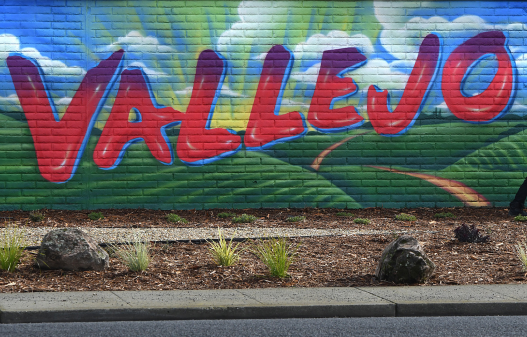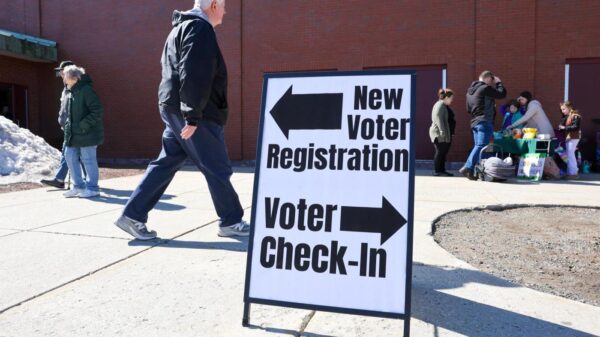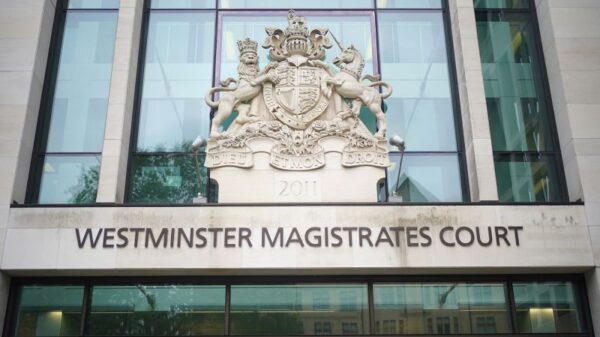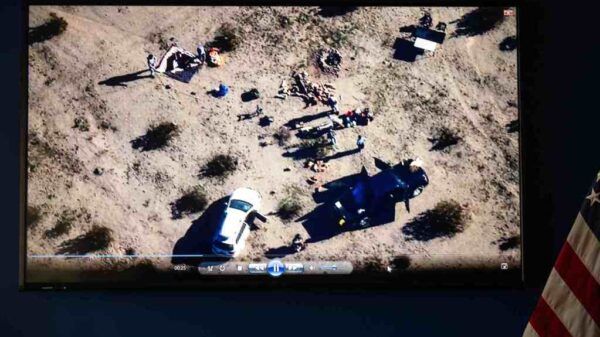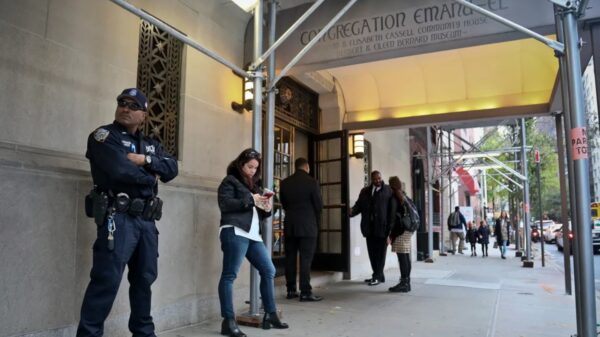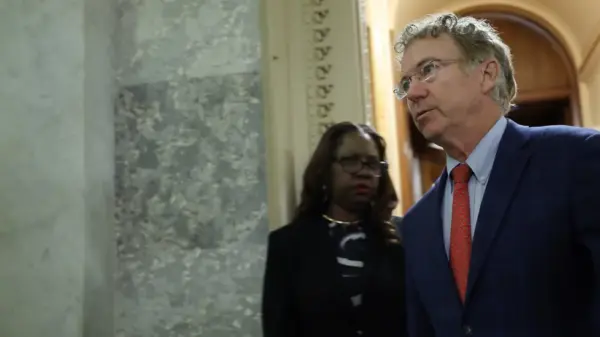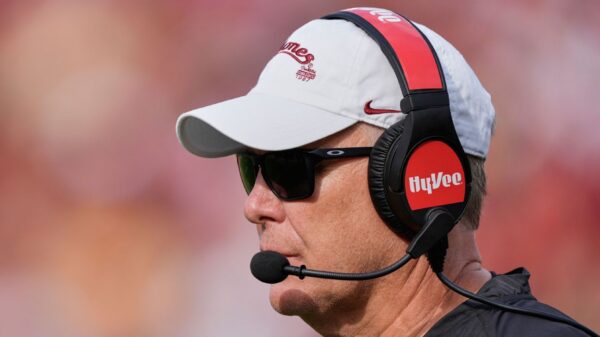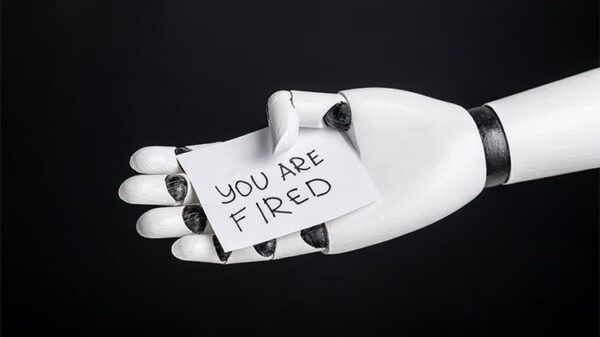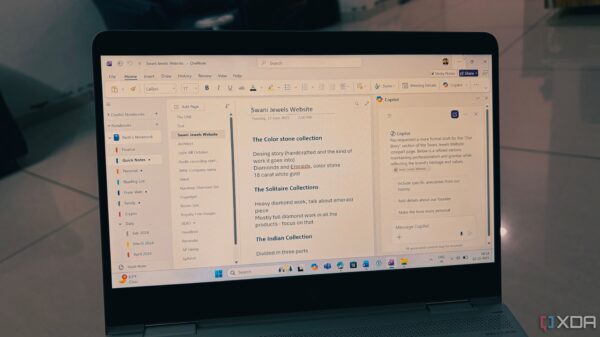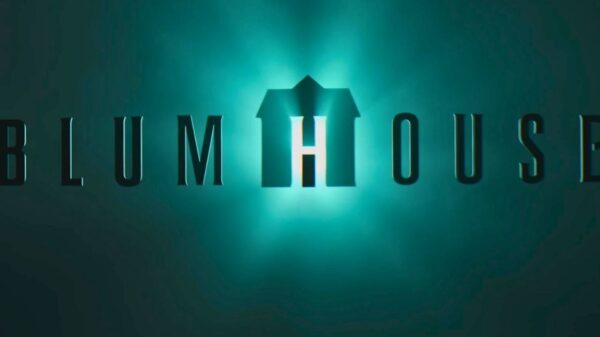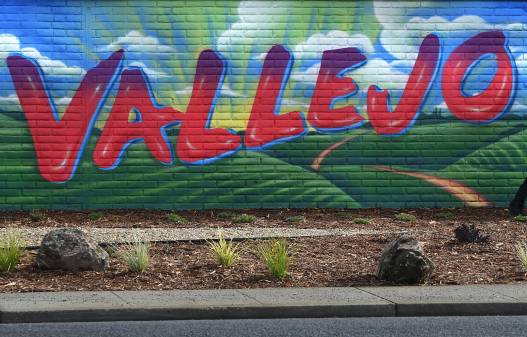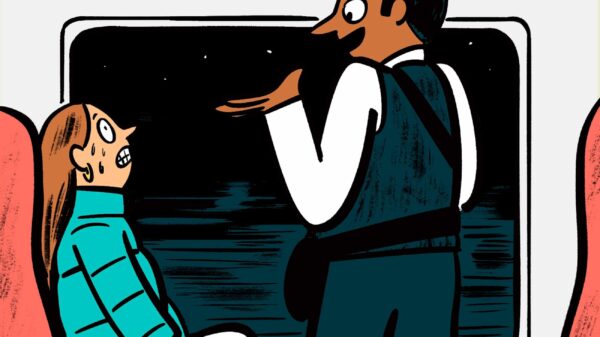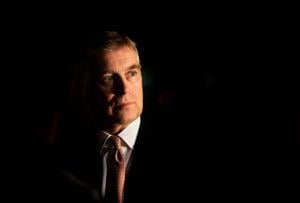Andrew Mountbatten Windsor, the younger brother of King Charles III, is set to enter a period of internal exile at the King’s private Sandringham estate. This decision reflects the ongoing fallout from Andrew’s controversial past, which has increasingly distanced him from public life. His relocation from the Royal Lodge, a lavish 30-room residence on the grounds of Windsor Castle, marks a significant moment in his decline from royal duties and public favor.
The move to Sandringham, located in the east of England, underscores the tension between Andrew and the British public. The estate is known for its isolation, further shielding the prince from scrutiny. Reports indicate that this decision was influenced by the intense backlash and anger directed towards Andrew following allegations related to his past associations and conduct.
Background on Prince Andrew’s Controversies
Andrew’s troubles began to escalate significantly in recent years, particularly following his association with convicted sex offender Jeffrey Epstein. In November 2019, he stepped back from public duties after a disastrous interview with the BBC, where he attempted to defend his friendship with Epstein. The interview was widely criticized and led to severe repercussions, including his removal from royal engagements and patronages.
The decision to relocate Andrew is emblematic of a broader effort by the royal family to distance itself from his controversies. The British monarchy has faced increasing scrutiny and demands for accountability, particularly regarding its members’ actions. King Charles III, in particular, has sought to modernize the institution, which has historically been steeped in tradition and privilege.
Public Reaction and Implications for the Monarchy
The public’s response to Andrew’s circumstances has been largely unfavorable. Many Britons view his exile as insufficient punishment for his past actions. The decision to relocate him to a private estate rather than taking more severe measures has drawn criticism from various quarters, including media commentators and royal watchers.
The implications of Andrew’s internal exile extend beyond his personal circumstances. It highlights the challenges faced by the monarchy in maintaining relevance and public support in an era of heightened awareness regarding personal accountability and ethical conduct. As King Charles navigates this complex landscape, the monarchy’s ability to adapt and respond to public sentiment will be crucial for its future.
In summary, Prince Andrew’s move to Sandringham represents not just a personal consequence of his actions but also a significant moment for the British royal family as it grapples with the need for reform and accountability. The ongoing public dialogue surrounding royal responsibilities and ethics continues to shape the narrative around the institution, further complicating Andrew’s already precarious position within it.


